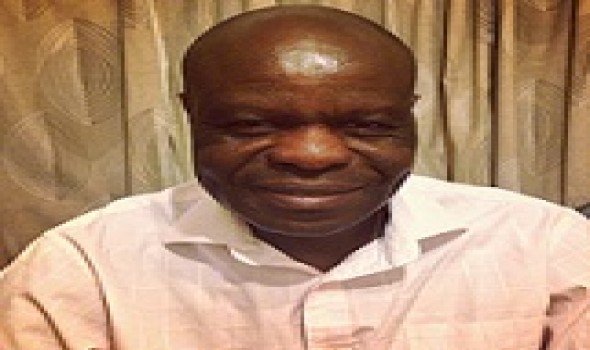Selbin Kabote reports on the emotional costs of migrating to the UK
Selbin Kabote reports on the emotional costs of migrating to the UK

While attending several predominantly African Diaspora church forums, community group meetings and other gatherings I found that issues of loss and the emotional cost of migrating to the UK were often discussed. To learn more, I decided to conduct interviews with African men and women, many of them Zimbabweans, in Birmingham, London and Nottingham. I found that some African men particularly the new African Diaspora or those who immigrated during the past decade, continue to suffer in silence as they reflect on what they lost as a result of their decisions to emigrate under often difficult circumstances from their countries of birth. Since traditionally from a young age many African men are taught not to show emotions by resorting to crying as an emotional outlet or to seek counselling or any form of emotional support when experiencing stressful situations, many men often live with the pain of loss perpetually. Innocent Chirawu whom I interviewed extensively for this article, summed up this feeling by mentioning that one day in 2012, he was listening to a song about remembering Zimbabwe by Thomas Mapfumo, a Zimbabwean musician living in exile in the United States, and he just found himself in tears. The same happened towards the end of the same year, when another Zimbabwean musician who was touring the UK, Sulumani Chimbetu, was singing about Zimbabwean musicians who had passed away in difficult circumstances during the past few years: “As a man who grew up in Africa where men are discouraged from crying since it is considered as a sign of weakness, I found myself fighting hard to keep tears in my eye sockets, as I was supposed to be taking photos during the music band’s local UK show in Nottingham.” Innocent worked in Zimbabwe as a Sub-Editor for a tabloid newspaper, but in 2001 he sold his house and migrated to the UK. When he landed in Gatwick he felt like he had struck gold, but: “little did I know that this was the beginning of another long chapter of the story of my life.” After one and half years in the UK, he lost his mother back in Zimbabwe after a short illness. “I was left devastated as I had plans to invite her for a short holiday with my family” Innocent said. He noted that the situation was made worse by the fact that he could not travel to attend her funeral because of his asylum status. “I am still haunted by the thoughts of my failure to attend my mother’s funeral.” Sta Ncube, who has lived in the UK for many years after emigrating from Zimbabwe spoke of the emotional loss she experienced. When her livelihood in Zimbabwe became untenable, she had to leave her small children, a parent, and siblings who very much depended on her both economically and emotionally. “I suffered a sense of loss especially during the first couple of years of being here because I could not afford to go back and see them.” Sta believes that the education and emotional development of her son whom she left in Zimbabwe when he was only six years old suffered due to her absence. She said that she has not yet recovered from that experience. “My mother has always felt very lonely because there had been several deaths in the family since I left home and I have also lost out on seeing the children growing up and on playing part in caring for them and for my aged mother”. She noted that although immigrating to the UK can cost a lot of money, the emotional cost cannot be quantified since it is a high price to pay. A source of particular concern that I noted among many of the African migrants that I talked to is that their educational qualifications from Africa are going to waste as many of them find themselves still doing jobs in the UK that they are overqualified for. A Ghanaian friend, who preferred to be identified only by his Christian name Peter, said he has been working as a Care Worker and Security Officer for many years, and has almost lost hope of finding a professional job in the UK, despite the fact that he has a Master’s Degree from a distinguished University in Ghana. Peter said he is now planning to do another Degree at a local University so as to improve his chances of getting a professional job in the UK. He said that life in the UK is not the bed of roses that some people in Africa consider it to be. He added that he is finding it hard to make ends meet after remitting some funds to his family in Ghana. “I am increasingly finding myself sinking deep into debt, since I have to take the pay day loans that charge very high interest rates in order to meet my financial obligations in the UK”, Peter said. The dialogues with Africans in the Diaspora proved beyond any reasonable doubt the fact that people are either coerced into exile or seek asylum due to a combination of factors such as the prevailing political conditions, government policy, and personal fears. However, an analysis of life in the UK Diaspora, based on my interviews with the individuals mentioned in this article show the realities of migration and it’s sometimes accompanying challenges. Although many Africans find safety in the UK, manage to improve their education and settle into new communities, the fact remains that some Africans face further challenges in the Diaspora. Life in exile sometimes also holds trials and tribulations of settling in a new country, like for example the pain caused by immigration problems, as well as the emotional struggles of separation from family and the homeland.


